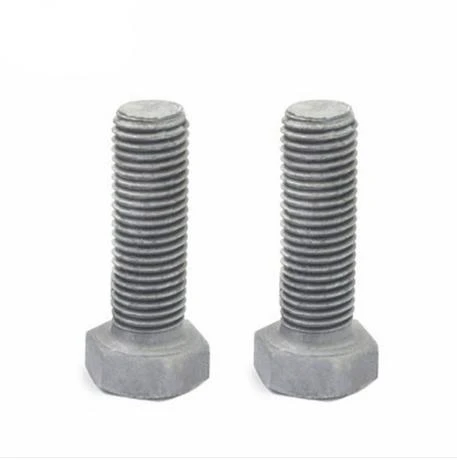

14mm Flange Nut Specifications and Applications for Optimal Performance
Jan . 01, 2025 21:30 Back to list
14mm Flange Nut Specifications and Applications for Optimal Performance
Understanding 14mm Flange Nuts Key Features and Applications
Flange nuts are essential fasteners widely used in various engineering and construction applications. Among the numerous types, the 14mm flange nut stands out for its versatility and reliability. This article delves into the characteristics, advantages, and applications of the 14mm flange nut and explores why it is a preferred choice in many industries.
What is a Flange Nut?
A flange nut is a type of nut that features a wider circular base, or flange, which increases the bearing surface area. This design enhances the nut's ability to distribute load evenly, which reduces the risk of damage to the materials being fastened. Flange nuts are usually hexagonal and can be found in various sizes, with the 14mm size popular for numerous applications due to its fit and strength.
Key Features of 14mm Flange Nuts
1. Size and Compatibility The 14mm flange nut is designed to fit a variety of bolt dimensions, typically accommodating standard metric size bolts. Its compatibility makes it ideal for use in numerous mechanical assemblies.
2. Increased Load Distribution The flange feature allows for better load distribution across a wider area, which is beneficial in preventing damage to softer materials. This is particularly useful in applications involving thin or fragile surfaces.
3. Reduced Risk of Loosening The design of the flange anchors the nuts more securely, reducing vibration-induced loosening. This characteristic is essential in high-traffic or heavy-duty settings where stability is critical.
4. Material Variety 14mm flange nuts are available in various materials, including stainless steel, nylon, and coated metals, allowing for tailored solutions depending on environmental conditions and application requirements.
5. Ease of Installation The wide flange can serve as a bearing surface, making flange nuts easier to handle and install compared to standard nuts. They require less precise alignment, which can speed up assembly processes.
14mm flange nut

Common Applications
The versatility of the 14mm flange nut makes it suitable for a myriad of applications across different industries
1. Automotive In the automotive industry, 14mm flange nuts are commonly used to secure components such as exhaust systems, suspension parts, and engine casings. Their ability to resist loosening due to vibration is especially valued in this sector.
2. Construction Construction projects often utilize flange nuts in joins and connections where strength and stability are paramount. They are frequently found in structures like bridges, buildings, and heavy machinery.
3. Manufacturing The manufacturing sector, especially in machine assembly, relies on 14mm flange nuts for bolting parts together. Their durability and load-bearing capabilities lend assurance to the integrity of assembled products.
4. Electrical Enclosures Flange nuts are also used in electrical applications, particularly in securing covers on junction boxes and other enclosures. Their robust design helps maintain grounding and connection integrity.
5. Household Items Surprisingly, flange nuts are also present in everyday household items, such as furniture and appliances. Their strength and stability make them reliable components in these applications.
Conclusion
The 14mm flange nut is a crucial fastener that plays a significant role in ensuring the integrity and stability of various structures and devices. Its design not only enhances load distribution and reduce vibrations but also facilitates easier installation. As industries continue to innovate and develop new applications, the demand for reliable fasteners like the 14mm flange nut will undoubtedly persist. Whether in automotive manufacturing, construction, or even household furniture, flange nuts exemplify the blend of engineering and practicality, making them an indispensable tool in our day-to-day lives.
Latest news
-
Premium Fasteners Manufacturer | AI-Driven Solutions
NewsAug.01,2025
-
Hot Dip Galvanized Bolts - Hebei Longze | High Strength, Corrosion Resistance
NewsAug.01,2025
-
High-Strength Hot Dip Galvanized Bolts - LongZe | Corrosion Resistance, Custom Sizes
NewsAug.01,2025
-
Best Self Tapping Screws for Drywall - Fast & Secure Installation
NewsJul.31,2025
-
High-Strength Hot Dip Galvanized Bolts-Hebei Longze|Corrosion Resistance&Customization
NewsJul.31,2025
-
Hot Dip Galvanized Bolts-Hebei Longze Metal Products|Corrosion Resistance&High Strength
NewsJul.31,2025

